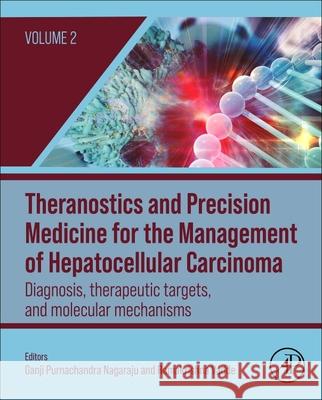Theranostics and Precision Medicine for the Management of Hepatocellular Carcinoma, Volume 2: Diagnosis, Therapeutic Targets and Molecular Mechanisms » książka
topmenu
Theranostics and Precision Medicine for the Management of Hepatocellular Carcinoma, Volume 2: Diagnosis, Therapeutic Targets and Molecular Mechanisms
ISBN-13: 9780323988070 / Angielski / Twarda / 2022
Theranostics and Precision Medicine for the Management of Hepatocellular Carcinoma, Volume 2: Diagnosis, Therapeutic Targets and Molecular Mechanisms
ISBN-13: 9780323988070 / Angielski / Twarda / 2022
cena 615,68
(netto: 586,36 VAT: 5%)
Najniższa cena z 30 dni: 613,15
(netto: 586,36 VAT: 5%)
Najniższa cena z 30 dni: 613,15
Termin realizacji zamówienia:
ok. 30 dni roboczych
Bez gwarancji dostawy przed świętami
ok. 30 dni roboczych
Bez gwarancji dostawy przed świętami
Darmowa dostawa!
Kategorie:
Kategorie BISAC:
Wydawca:
Academic Press
Język:
Angielski
ISBN-13:
9780323988070
Rok wydania:
2022
Oprawa:
Twarda
Wolumenów:
01
Dodatkowe informacje:
Bibliografia











